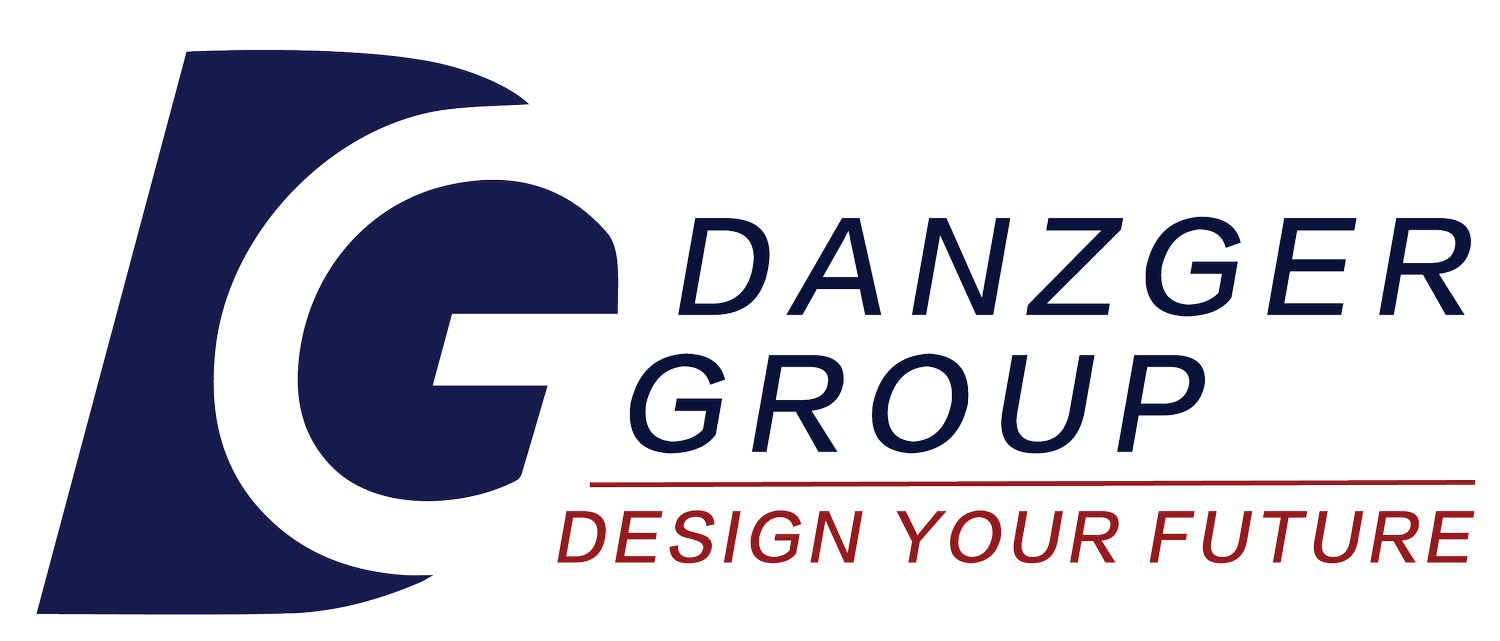Preparing for Interviews - Anticipating Questions
There are many questions an interviewer could ask. Some can be anticipated, like "Tell me about yourself." "Why are you the best candidate for the job?" "What's your biggest weakness?" "How would you deal with a difficult co-worker?" Others fall into the category of brain teasers or mini-cases. These questions enable an interviewer to evaluate how you approach problem-solving. Examples include asking you to estimate the number of gas stations there are in the U.S. or "Why is a sewer maintenance cover round?" Don't worry; we'll shed some light on these at the end of the post!
A candidate recently asked me if I had a list of some common interview questions. One website, thebalancecareers.com, has a page that links to more than 100 potential questions with interpretations and suggested replies. Since there are so many possible questions, it's fruitless to try to prepare one by one. What are you to do?
Rather than create answers to an infinite number of questions, it is more productive to anticipate the interviewer's concerns. This will enable you to formulate broad responses to those key concerns and tailor them as needed.
Here is a sample of some typical concerns:
Can I trust you?
Do you have the stamina to do this job?
Are you motivated?
Can you work well with others?
Are you a fast learner?
Will you be proficient in your job?
Are you diplomatic?
Do you have emotional intelligence?
Will you make me look good?
If you prepare for these broad questions, you will be well-prepared for most interviews.
It is also useful to come prepared with a "war story" or two. These are real experiences where you have demonstrated a particular skill (maybe managing conflict, handling failure, or negotiating an important deal.) Using the acronym STAR can help formulate a clear storyline. You describe a Situation, includes the Tasks required to solve the problem, what Actions were taken, and the Results or ultimate impact of your work.
Being confident in one's ability to answer challenging questions is only one dimension I discuss with the candidates I help prepare for interviews. Creating a positive impression in an interview also requires doing research on the company, interviewer, and role as well as conveying a strong personal presence, enthusiasm, curiosity, and confidence. Mastering the interviewing process requires effort and is essential to landing that job!
So how could one estimate how many gas stations are in the U.S? One could estimate the number of vehicles in the country based on the size of the population, consider how frequently they'd need to be refilled, how long it takes to fill, the average number of bays at a gas station, and a reasonable number of working hours in the day a gas station is open. It's not so much the precision for which the interviewer is looking, but rather the approach to solving the problem.
And why is a sewer maintenance cover round? One reason is that it's easier to move since it rolls. Another is that it can't fall through the opening. A square cover could fall in if positioned diagonally.
I offer individualized career coaching and advising (remote and in-person) along with text, email, and phone support to help job seekers succeed. I've hired more than 100 people and interviewed over 500 candidates. I've worked at large global companies like Morgan Stanley and a company that is now part of Bank of America Private Bank and founded/worked at six startups. I welcome you to contact me and join my mailing list and receive my free guide, "Top 5 Young Adult Job Search Myths."

